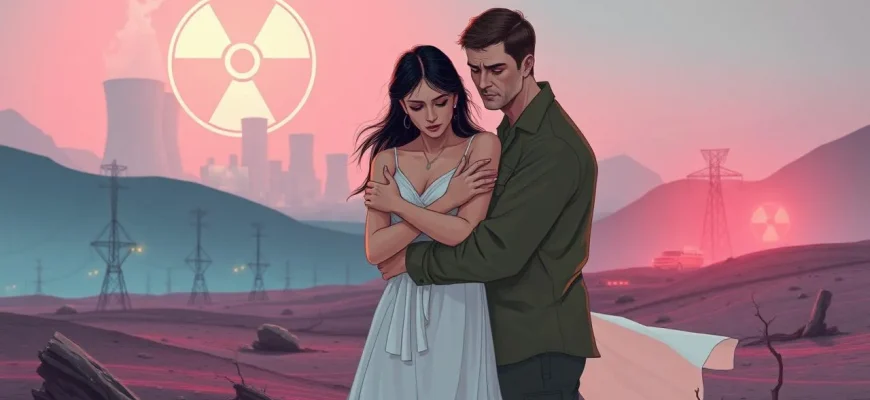This unique collection of films intertwines the themes of love, human connection, and the ominous presence of radiation. These stories explore how individuals cope with the aftermath of nuclear disasters or the fear of radiation, often set against the backdrop of personal relationships and emotional turmoil. This selection offers viewers not only a cinematic journey through love and loss but also a poignant reflection on the impact of nuclear events on human lives.
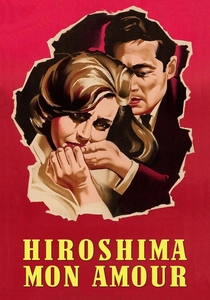
Hiroshima Mon Amour (1959)
Description: While not directly about radiation, this French film explores the emotional and psychological aftermath of the atomic bombing of Hiroshima through a love story between a French actress and a Japanese architect.
Fact: The film was controversial for its depiction of a French woman's affair with a Japanese man, reflecting on the scars left by the war.
 Watch Now
Watch Now
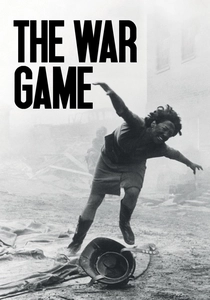
The War Game (1965)
Description: This pseudo-documentary portrays the aftermath of a nuclear attack on Britain, including the effects of radiation. It's a powerful examination of how ordinary lives are shattered by nuclear disaster.
Fact: Initially banned by the BBC for being too disturbing, it later won an Academy Award for Best Documentary Feature.
 Watch Now
Watch Now
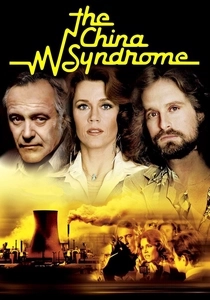
The China Syndrome (1979)
Description: While primarily a thriller about a nuclear plant malfunction, the film touches on the fear of radiation exposure and the potential for a nuclear meltdown, intertwining these themes with personal relationships.
Fact: The film's release was eerily timed with the Three Mile Island nuclear accident.
 Watch Now
Watch Now
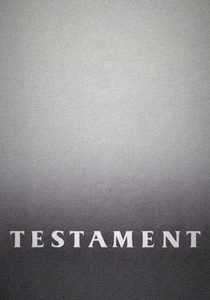
Testament (1983)
Description: This film focuses on a family's struggle to survive after a nuclear attack, dealing with the slow, painful effects of radiation poisoning. It's a deeply emotional look at the human spirit in the face of despair.
Fact: Jane Alexander received an Academy Award nomination for Best Actress for her role in this film.
 Watch Now
Watch Now
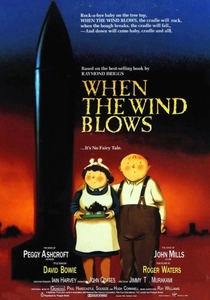
When the Wind Blows (1986)
Description: An animated film that follows an elderly couple as they attempt to survive a nuclear war, highlighting the naivety and ignorance about radiation effects among the public.
Fact: The film was based on a graphic novel by Raymond Briggs, known for his work on "The Snowman."
 Watch Now
Watch Now
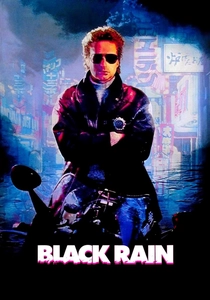
Black Rain (1989)
Description: This Japanese film tells the story of a young woman who survives the Hiroshima bombing but suffers from radiation sickness. It's a moving tale of love and survival in the shadow of nuclear devastation.
Fact: The film was directed by Shōhei Imamura, who later won the Palme d'Or at Cannes for another film.
 Watch Now
Watch Now

On the Beach (1959)
Description: Set in a post-apocalyptic world where radiation has killed off most of humanity, this film explores the last days of survivors in Australia, focusing on their relationships and the impending doom.
Fact: The film was based on Nevil Shute's novel of the same name and was remade for television in
 30 Days Free
30 Days Free
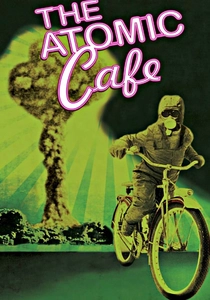
The Atomic Cafe (1982)
Description: A documentary that uses archival footage to explore the American experience during the Cold War, including the fear of radiation and nuclear fallout, through the lens of propaganda and public education films.
Fact: The film was nominated for the Grand Jury Prize at the Sundance Film Festival.
 30 Days Free
30 Days Free
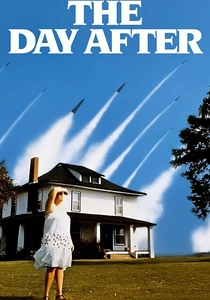
The Day After (1983)
Description: This made-for-TV movie shows the effects of a nuclear attack on Lawrence, Kansas, and the subsequent struggle for survival amidst radiation fallout. It's a stark reminder of the human cost of nuclear conflict.
Fact: The film was watched by over 100 million viewers in the U.S. upon its initial broadcast, sparking widespread public debate about nuclear war.
 30 Days Free
30 Days Free

Threads (1984)
Description: This British television drama depicts the catastrophic effects of a nuclear war on the city of Sheffield, focusing on the lives of two families. The film's exploration of the aftermath, including radiation sickness, makes it a poignant entry in this collection.
Fact: The film was so realistic and disturbing that it was used as an educational tool by the British government to raise awareness about nuclear war.
 30 Days Free
30 Days Free

